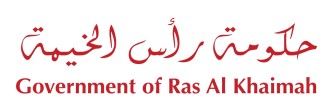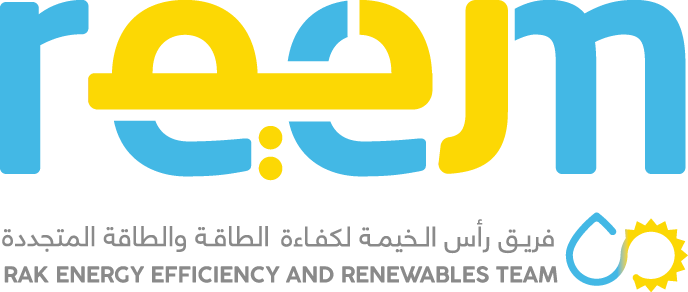The Ras Al Khaimah Municipality and the Dubai Supreme Council of Energy (DSCE) have entered into a Memorandum of Understanding (MoU), to collaborate on energy and water efficiency in Dubai and Ras Al Khaimah.
Ras Al Khaimah, United Arab Emirates, October 21, 2018: The MoU was signed on the occasion of WETEX 2018 by H.E. Ahmad Al Muhairbi, Secretary General of Dubai Supreme Council of Energy (DSCE), and H.E. Munther Mohammed Bin Shekar, Director General of RAK Municipality. It establishes a framework of collaboration for the promotion of energy and water efficiency in the two Emirates, and also for sharing of best practices and insights on the implementation of efficiency measures.
The two government bodies had already initiated cooperation on topics of energy and water efficiency and sustainability, in support of the Ras Al Khaimah Energy Efficiency and Renewable Energy Strategy 2040. The DSCE had recently participated in the launch of the Building Retrofit Program of the RAK Municipality, and was also part of RAK Municipality’s consultation panel on the development of green building regulations earlier this year.
H.E. Ahmad Al Muhairbi said: “This agreement is built on the respect that both entities have for each other and on the recognition of the progress that both Dubai and Ras Al Khaimah are making in the implementation of energy and water efficiency projects”. He added that “collaboration between the two entities will minimize duplication of efforts in developing and implementing best practices”.
H.E. Munther Mohammed Bin Shekar said: “Ras Al Khaimah government is engaged in a long-term strategy for sustainability. We welcome the collaboration with Dubai Supreme Council of Energy, as we have similar objectives. We will learn from the early successes of Dubai in the fields of sustainable construction and energy efficiency, and we are ready to share our experience from the new approaches we are implementing in Ras Al Khaimah.
The Dubai Supreme Council of Energy is supervising the implementation of the Dubai Clean Energy Strategy 2050 and the Demand Side Management Strategy 2030, targeting 30% savings in energy and water use by 2030 compared to the business as usual scenario. Dubai is on track to achieve its targets, having already achieved 7.6% electricity savings and 4.3% water savings in 2017.
The Ras Al Khaimah Energy Efficiency and Renewable Energy Strategy 2040 targets 30% energy savings, 20% water savings and 20% generation from renewable energy sources by 2040 compared to the business as usual scenario. The strategy was activated in 2018, with the start of several programs, including Barjeel, green building regulations for new buildings, the building retrofit program for existing buildings, the energy management program and the efficient vehicle program.
-END-About Dubai Supreme Council of Energy
Under the visionary guidance of His Highness Sheikh Mohammed bin Rashid Al Maktoum, Vice President and Prime Minister of the UAE, and Ruler of Dubai, the Dubai Integrated Energy Strategy 2030 (DIES) was developed in 2010 and deployed in 2011 to set the strategic direction of Dubai towards securing sustainable supply of energy and enhancing demand efficiency (water, power & transportation fuel).
The Dubai Supreme Council of Energy is the governing body tasked with policy development, planning and coordinating with concerned authorities & energy bodies to deliver new energy sources while employing a balanced approach to protecting the environment.
About Ras Al Khaimah Municipality and Reem
Ras Al Khaimah Municipality was established in 1959 by an Emiri decree issued by His Highness Sheikh Saqr bin Mohammed Al Qasimi and since then works on providing a comfortable environment in which people can live and work. The Energy Efficiency and Renewables Office (Reem) at Ras Al Khaimah Municipality coordinates the implementation of the RAK Energy Efficiency and Renewables Strategy 2040, established under the patronage of His Highness Sheikh Saud bin Saqr Al Qasimi, UAE Supreme Council Member and Ruler of Ras Al Khaimah. The Strategy targets 30% energy savings, 20% water savings, and 20% generation from renewable energy sources by 2040.




